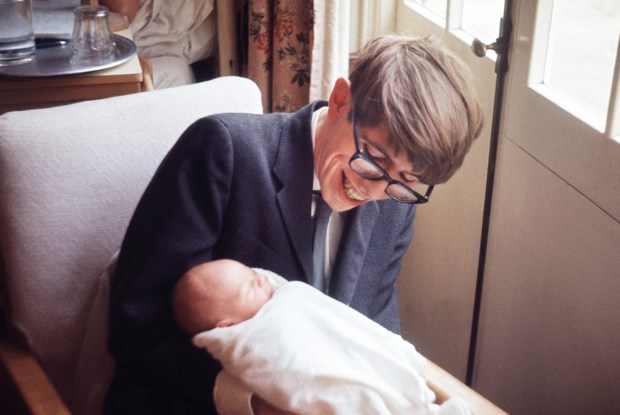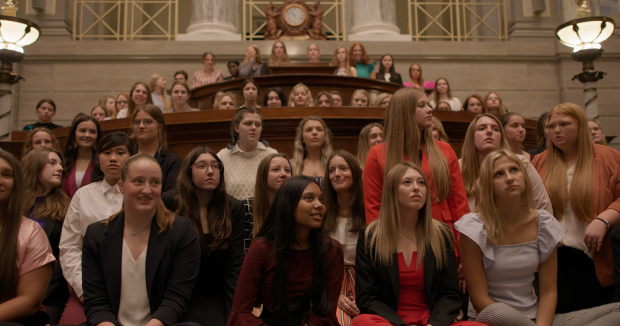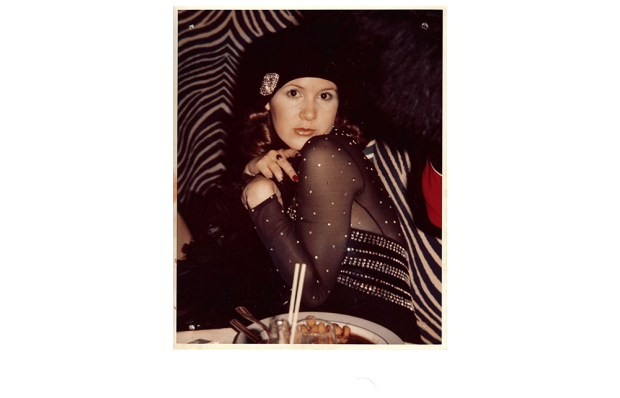There can’t have been many people who watched Confessions of a Copper (Channel 4, Wednesday) with a growing sense of pride. Among those who did, though, will presumably have been the creators of Life on Mars and Ashes to Ashes — because, in its frequently hair-raising way, the programme confirmed how well they did their research into old-school policing.
Of the seven ex-officers interviewed, the most old-school of the lot was probably Ken German (sample quote: ‘We all have a view on political correctness: it’s bollocks’), who began by explaining in full the admission procedure that he’d gone through to join the force — he was told to bend over and asked if he was homosexual. And with that, said Ken, ‘I found myself at training school.’
Once trained, Ken was sent out on the beat around the late 1960s, when policemen could ‘use their initiative’ — or, if you prefer, do more or less whatever they wanted — confident that they enjoyed widespread public affection. As Stephen Hayes, another of Wednesday’s participants, recalled: ‘When you walked through the market, people would give you bacon for the sergeant’s breakfast’ — before adding the possibly telling detail that, ‘If they didn’t, he’d send you out to ask for it.’ There was, he concluded, ‘total and utter respect’.
Or at least there was from most people. ‘Not everyone respected us,’ Ken reluctantly acknowledged, ‘and you had to deal with them in a slightly different way.’ Asked to elaborate, Ken made it pretty clear just how euphemistic the phrase ‘a clip round the ear’ could be. He was even less ambiguous on the question of whether such clipping was legal: ‘No, of course not. Legality? What’s that got to do with anything? You had a job to do.’
Another aspect of the job, it soon turned out, was framing the guilty. Most of us may have already known that this was prevalent, but, as so often in Confessions of a Copper, there was something compelling about hearing police misbehaviour being admitted to, and so blithely, by the people who carried it out. Tricks of the trade included placing hair from a suspect’s house in a balaclava ‘said to have been found’ at the crime scene, and planting fibres from a known villain’s trousers for the lab boys to discover on top of any railings that thieves may have scaled. ‘How do you know they’re guilty?’ asked the off-screen voice. ‘You just do,’ replied Stephen with the long-suffering air of someone dealing with a particularly idiotic question. ‘You wouldn’t be a policeman if you didn’t, would you?’
And if these methods failed, you could generally rely on getting a confession. One of Stephen’s colleagues, for example, had ‘an electric-shock machine like you buy in a toyshop. But this seemed to be a bit stronger.’
Until 1975, female and male police units remained separate, with the ladies left to deal with minor crimes involving women and children — once, that is, they’d been initiated into police life by having their skirts pulled up, their knickers pulled down and their buttocks imprinted with the station’s date stamp. (At which point, the programme, in a rare misstep, helpfully showed us what a female bottom looks like.) As two policewomen of the time attested, the only weapon they were given was a six-inch truncheon, which, while not much use in a fight, did fit nicely into their police-issue handbags — as well as providing the men with plenty of opportunity for hilarious dildo-related banter.
But then came the Sex Discrimination Act, which spelled the end of separate units — if not of routine female humiliation. The clearly tough Jean Wigmore tried hard not to cry as she remembered how her inspector had pulled her round the floor of the police bar by her ankles, giving everyone an extended view of her underwear. She then had to laugh about it, ‘even though inside I was absolutely dying’.
Faced with this kind of material, many programmes might simply have mounted the 21st-century high ground and let the old-timers have it with both barrels. This one, to its credit, was a lot more restrained and, where possible, even sympathetic than that. True, there wasn’t always an enormous difference between letting the interviewees speak for themselves and giving them enough rope. Nonetheless, the accompanying commentary did its plucky best to place their remarks in historical context, and to remind us that it’s no easy thing when the world you knew, and worked so hard to fit in with, gradually disappears. By the time she retired, even Jean was apparently regarded as ‘a dinosaur’ — while another bloke we’d met was given a final report dismissing his entire career as ‘unremarkable’. ‘I were chuffed to buggery,’ he told us defiantly, if not especially convincingly, ‘because all I ever wanted to be were an ordinary, unremarkable copper.’
Got something to add? Join the discussion and comment below.
Get 10 issues for just $10
Subscribe to The Spectator Australia today for the next 10 magazine issues, plus full online access, for just $10.
You might disagree with half of it, but you’ll enjoy reading all of it. Try your first month for free, then just $2 a week for the remainder of your first year.














Comments
Don't miss out
Join the conversation with other Spectator Australia readers. Subscribe to leave a comment.
SUBSCRIBEAlready a subscriber? Log in